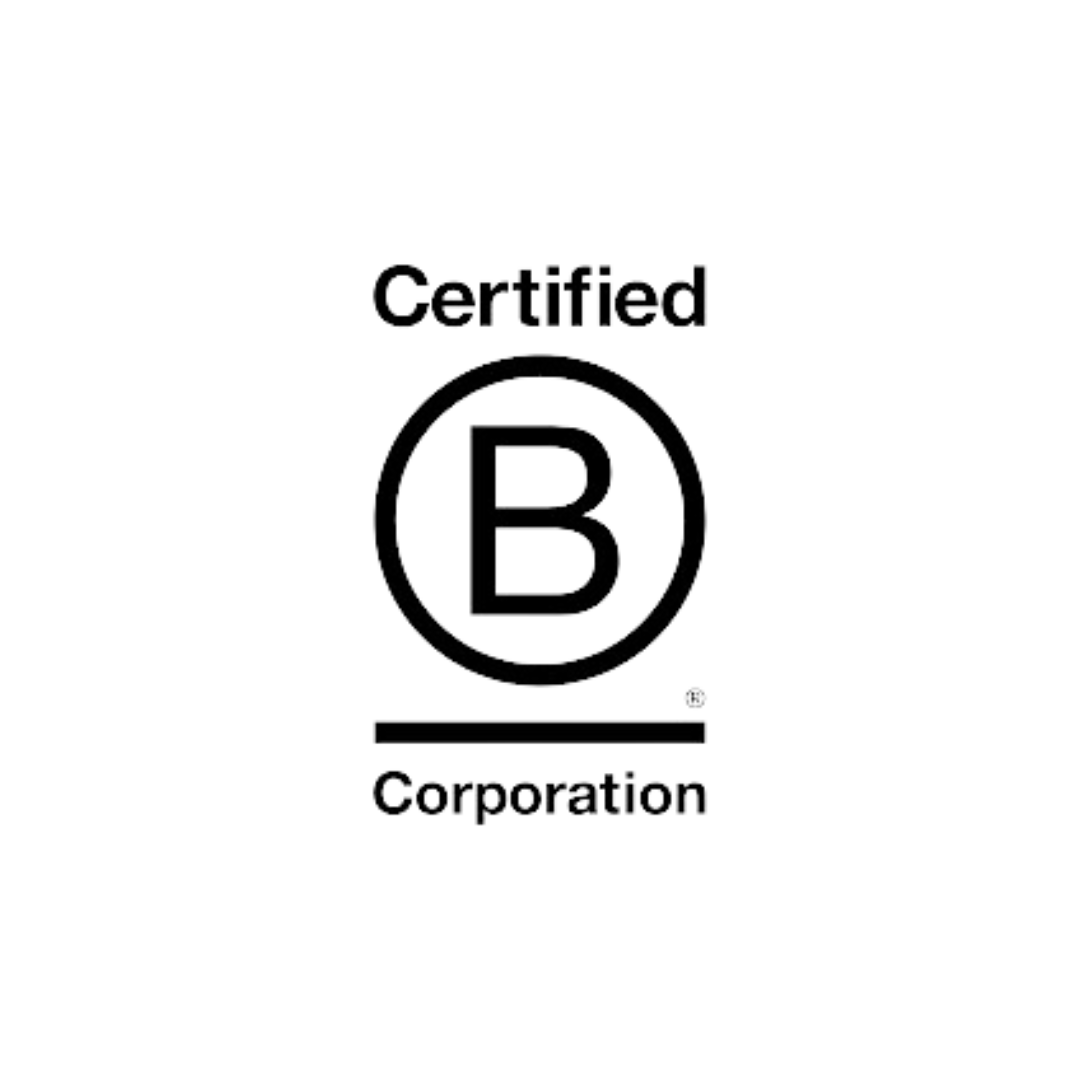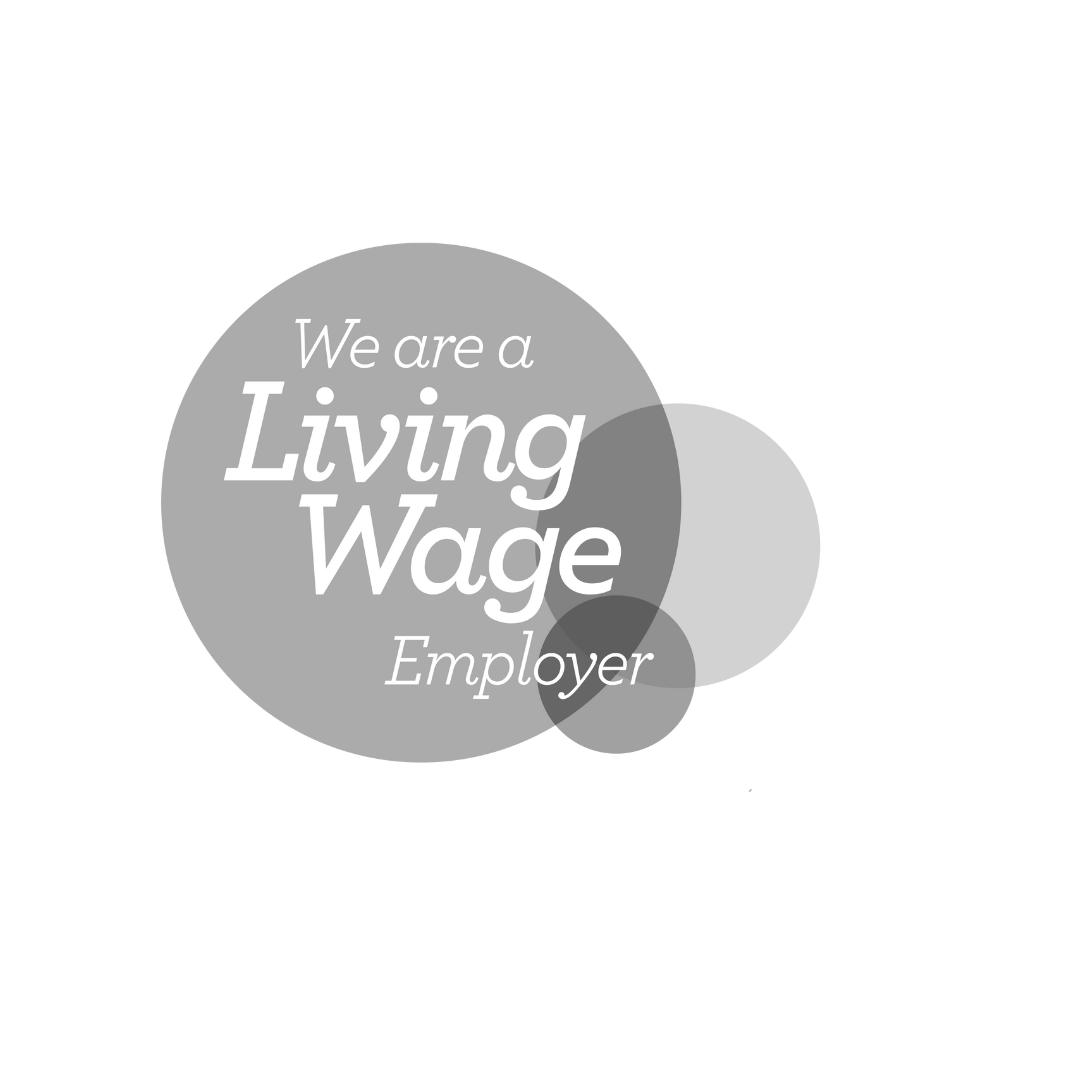
Startup Stories - a Day of Storytelling and Innovation
Last month Y.O.U Underwear attended the Reading Festival of Digital Disruption, a platform designed to celebrate innovation in the Thames Valley.
Pants weren’t the only order of the day. We were lucky enough to hear from four other amazing entrepreneurs, so we thought we’d share some of their ideas.

- ‘JFDI’
‘Just F****** Do It!’
The first step off the blocks is often the hardest one. Self-doubt, coupled with a desire for perfection, can often be enough to extinguish entrepreneurial spirit. It’s a struggle every founder will inevitably go through; planning and strategy are important, but it’s also crucial to embrace the unknown. And when you’re new to something, you naturally approach problems in an innovative way.

Ashley Cavers, who co-founded The Wonky Food Company with her brother, talked about getting her company started. Her company’s aim is to help tackle food wastage by finding a use for (and changing attitudes towards) fruit and vegetables with an irregular shape.
Ashley and her brother came up with their business idea at a time when the problem of food wastage was only just becoming widely discussed. ‘Wonky Food’ was copyrighted, but slow to gestate, which gave competitors in this area an opportunity to gain a head start. Lesson: if you want to lead the bandwagon, JFDI!
- The benefits of bootstrapping
Bootstrapping is when a start-up is grown with little or no outside investment, often relying on the founders’ own savings and revenue.
Vivi Friedgut, founder of Blackbullion, spoke of the advantages of bootstrapping her business from the start. Blackbullion is a learning platform designed to equip young people with the financial acumen they need to manage their money.

Vivi described how not having money forces you to be creative. Where flabbier fintech companies could spend hundreds on ads in stations and shopping centres, Vivi had to work out how to make every penny work for her – making the same amount go much further and therefore developing a competitive edge.
Bootstrapping necessarily invites imperfection into the early stages of a business. The power of an imperfect product is something that Eric Ries discusses in his book, The Lean Start-Up.
He argues that it’s more important to get a ‘Minimum Viable Product’ into the market because feedback is more important than perfection. It enables product development that is in line with what customers want, rather than the founders.
A bootstrapping attitude is an asset, no matter what your business model. Sometimes an important question to ask yourself is: ‘Will it make the boat go faster?’. Be ruthless when discerning between necessary investments and vanity projects.
And if you have a great idea, sometimes all you need to do is show up.
- Keep an eye on burn-out
When your time is your own and there are fewer external guideposts, it’s a challenge to prevent work (and thoughts of work) from seeping into every part of life. The saying ‘winners never quit and quitters never win’ hides what is perhaps a more beneficial, day-to-day point: there’s no pride in working on the weekend.
When listening to interviews and discussions in Reading, it became clear that there’s no one correct strategy. For some, a 7-day week works well; these people have chosen to heavily invest their time into ‘their baby’, but this is not a route for everyone. Own your schedule, as well as your story!
The Festival of Digital Disruption was held on 21st November 2019 in partnership with Henley Business School.
Twitter: @FoDD2019 & @curious_lounge














Leave a comment
This site is protected by hCaptcha and the hCaptcha Privacy Policy and Terms of Service apply.